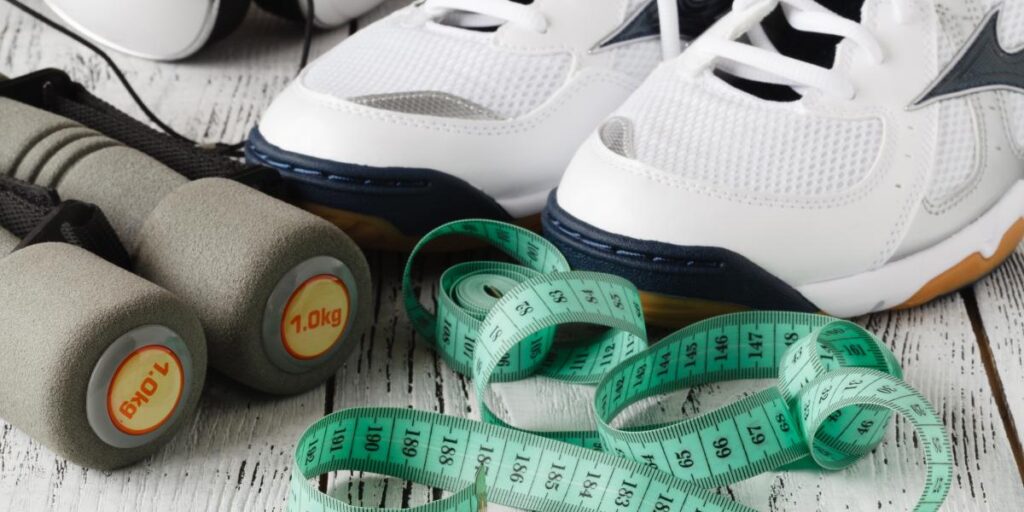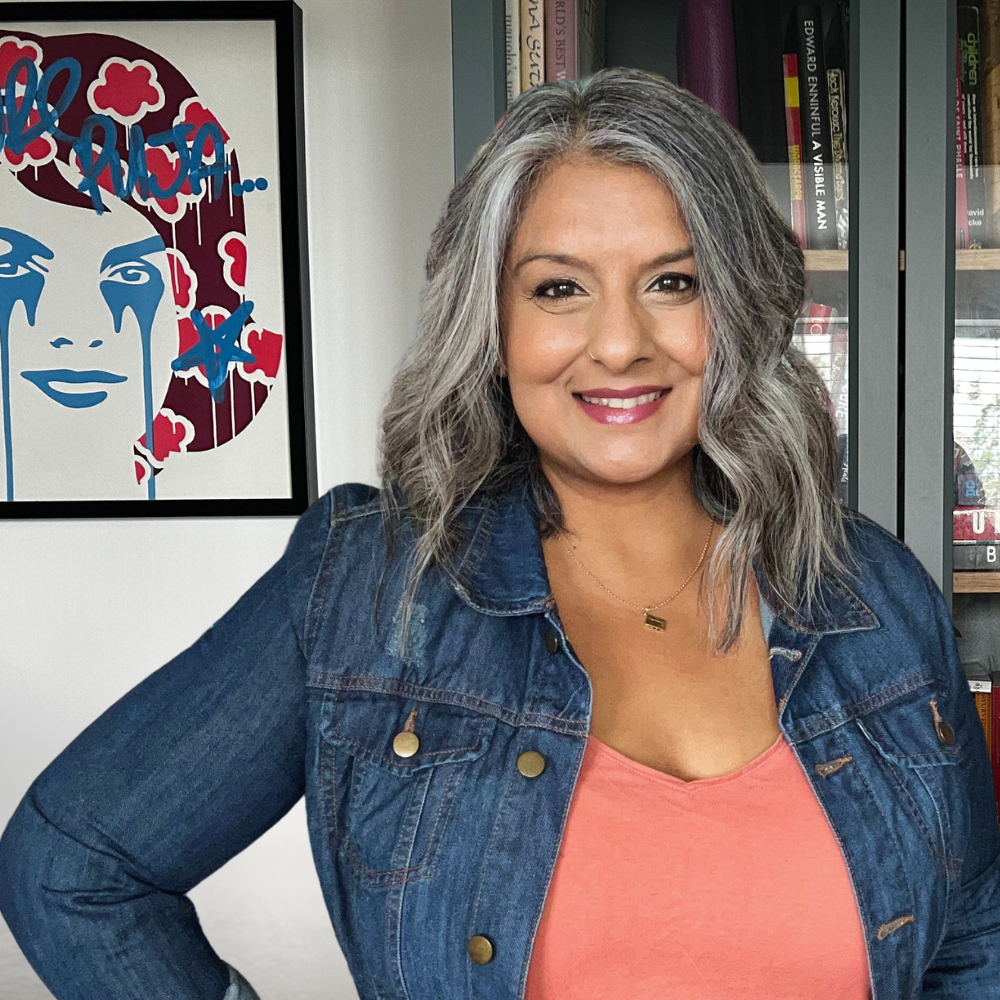
Why Enjoying Exercise Matters
Growing up, exercise was never something I looked forward to. It wasn’t a hobby, a fun way to spend time or even a stress reliever. Instead, it felt like a punishment and I was never able to enjoy exercise. I was forced into it because of my weight and rather than being a positive experience, it became a source of dread. Exercise wasn’t something I did with friends or family. It was something I had to endure alone, which only added to the feeling that I wasn’t good enough as I was.
Every workout felt like a reminder that I was lacking in some way. I didn’t understand the joy that others seemed to find in being active. I certainly didn’t experience any of the supposed endorphin rushes that were going to make it all worth it. For me, exercise was just another obligation, another thing I had to do because I was told it would make me better.
As I grew older, I found this mindset hard to shake. Even though I understood the benefits of physical activity, integrating it into my daily life felt like an uphill battle. The negative associations from my past were still there, whispering that exercise was something I “had” to do, not something I could enjoy.
However, over time, I realised that the key to changing my relationship with exercise and being able to find joy in physical activity wasn’t about forcing myself to stick to a routine I hated. It was about uncovering the limitations and beliefs that had held me back for so long. It was about finding new ways to be active that brought me joy and made me feel good about myself.
Insights from Ayurveda and Vedanta
In my journey to redefine my relationship with physical activity, I found profound insights in the ancient Indian sciences of Ayurveda and Vedanta. These traditions offer holistic approaches to well-being beyond physical fitness, emphasising the connection between body, mind and spirit.
AYURVEDA
Translated as “the science of life,” Ayurveda teaches that our physical well-being is deeply intertwined with our mental and emotional health. According to Ayurveda, each person has a unique constitution or dosha (Vata, Pitta, Kapha), that influences how they should approach diet, exercise and lifestyle choices.
Learn more about how I combine Ayurvedic teachings in my coaching practice here.
For instance, someone with a predominant Vata dosha might benefit from grounding and calming activities like yoga or walking in nature, while someone with a Pitta constitution might find balance in cooling and relaxing exercises like swimming.
This personalised approach to physical activity helped me understand that not all forms of exercise are suitable for everyone. Instead of forcing myself into activities that didn’t resonate with me, I began exploring forms of movement that aligned with my body’s needs and natural rhythms.
VEDANTA
A philosophical system rooted in the Upanishads, Vedanta offers another layer of insight. It teaches that true well-being comes from aligning our actions with our inner purpose and higher self. In the context of physical activity, this means exercising not out of a sense of obligation or to meet external standards, but as an expression of self-care and self-love.
Vedanta encourages us to detach from the outcomes and focus on the process. Whether I was walking, stretching or practising Yoga, the key was to engage in these activities mindfully, with a sense of presence and gratitude. This shift in perspective transformed exercise from a chore into a sacred ritual – an opportunity to connect with me and honour my body.
Tips for Overcoming Barriers to Physical Activity
If my story resonates with you, you might be struggling with similar feelings when it comes to exercise. Here are some tips that have helped me on my journey to enjoying exercise, supported by insights from Ayurveda and Vedanta:
1. Reflect on Your Relationship with Exercise
Take some time to think about your past experiences with physical activity. Have you ever enjoyed it, or has it always felt like a chore? Understanding the root of your feelings can help you address any negative associations you have and will help to shift your mindset. Use Ayurveda to explore activities that suit your unique constitution, making exercise more enjoyable and aligned with your true nature.
2. Start Small and Find What You Enjoy
It’s important to start with activities that feel manageable and enjoyable. This might mean trying out different forms of exercise to see what resonates with you. Whether it’s dancing, hiking, swimming or Yoga, the key is to find something that doesn’t feel like a burden but rather something you look forward to. Vedanta teaches us to engage in these activities with mindfulness, turning them into moments of connection with ourselves.
3. Set Realistic Expectations
Don’t expect to transform your relationship with exercise overnight. It’s okay to take small steps and celebrate small victories along the way. The goal is to make physical activity a sustainable part of your life, not to force yourself into a routine that you’ll abandon after a few weeks. Ayurveda’s approach to gradual, personalised change can be incredibly supportive here.
4. Focus on How It Makes You Feel
Instead of concentrating on external outcomes like weight loss or muscle gain, focus on how being active makes you feel. Do you feel more energised? Less stressed? More connected to your body? These positive feelings can help reinforce the habit and make exercise something you want to do, not something you have to do. Vedanta encourages us to detach from the results and enjoy the journey, which can shift our mindset significantly.
5. Seek Support
Sometimes, the best way to shift your mindset is to connect with others who share your goals. Whether it’s finding a workout buddy, joining a class or simply talking to a friend about your struggles, having support can make all the difference. Sharing your journey with like-minded individuals can help you stay motivated and inspired.
The Benefits of Enjoying Exercise
Breaking free from the exercise trap isn’t easy, but it’s worth the effort. By understanding the limitations and beliefs that have held you back and by taking steps to find activities you enjoy, you can begin to build a healthier, more positive relationship with physical activity. Remember, it’s not about forcing yourself into something that doesn’t feel right – it’s about discovering what makes you feel alive and well.
Ayurveda and Vedanta offer valuable wisdom on this journey, helping you find balance and purpose in your physical activity. When you align your exercise routine with your body’s needs and your inner values, you’ll find that it becomes less of a chore and more of a nourishing, joyful experience.
If you’re on a similar journey and want more tips and insights to support your well-being, sign up for my newsletter today.

Hi, I’m Puja! I’m all about helping driven, purpose-led people create success that actually feels good—without losing themselves along the way.
I mix deep coaching with practical strategies and a soulful perspective to help you thrive in your work, life, and well-being.
This is where I share stories, ideas, and inspiration to spark bold thinking and a more meaningful way of living.
Discover more: SIMPLY WELLBEING SUBSTACK
Registered address: 3rd Floor, 86-90 Paul Street, London, EC2A 4NE
© 2025 Frankly Coaching Ltd.